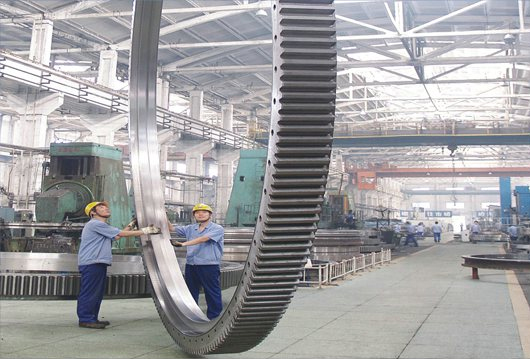The US tax reform bill finally passed is expected to set off a boom in corporate
Energy industry lobbyists and analysts said that inspired by the recently passed tax reform bill, U.S. refineries and pipeline companies may set off a wave of capital spending next year. The tax reform bill includes a regulation that encourages investment in new energy projects.
October 6, 2017 A refinery in Bradford, Pennsylvania. REUTERS / Brendan McDermid
The U.S. Congress finally approved the largest tax reform bill in the country since 30 years on Wednesday, marking the first major legislative victory since President Trump took office.
The bill includes a dividend depreciation requirement that allows all businesses to immediately write off the full cost of fixed asset improvements, rather than new assets in the coming period of depreciation.
The immediate inclusion of the cost of capital will make it more feasible for projects that are less financially attractive, and may release capital for stock repurchases and dividend payouts. These benefits will gradually stop from 2023, which means that enterprises may wish to advance the project in order to enjoy the relevant preferential policies.
"Every major refiner has a list of projects to approve, sorted by profitability and risk," said Charles Kemp, vice president of energy consultancy Baker & O'Brien.

ZENEO bearings
Inquiry
©Hong Kong ZENEO bearings limited
